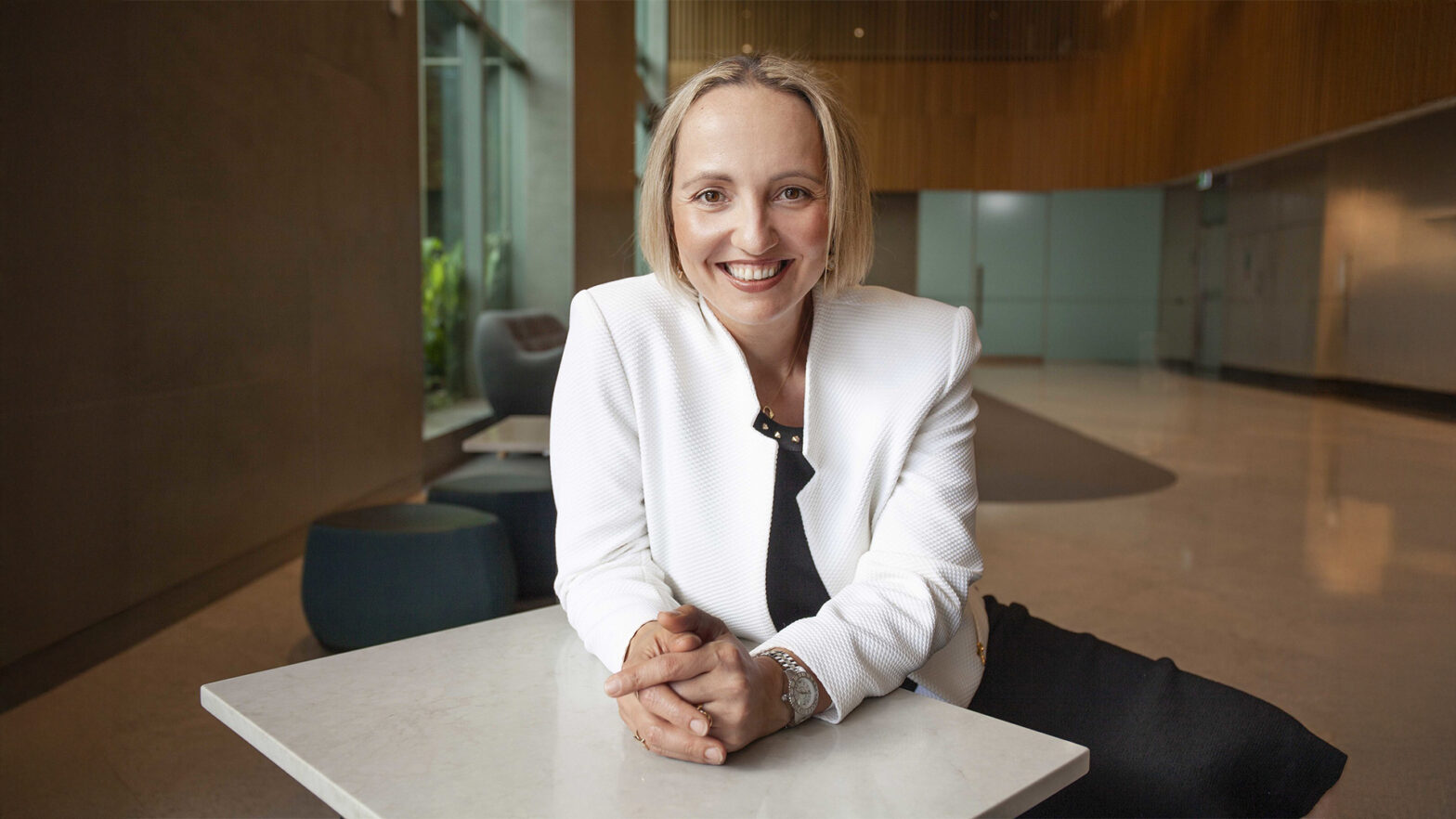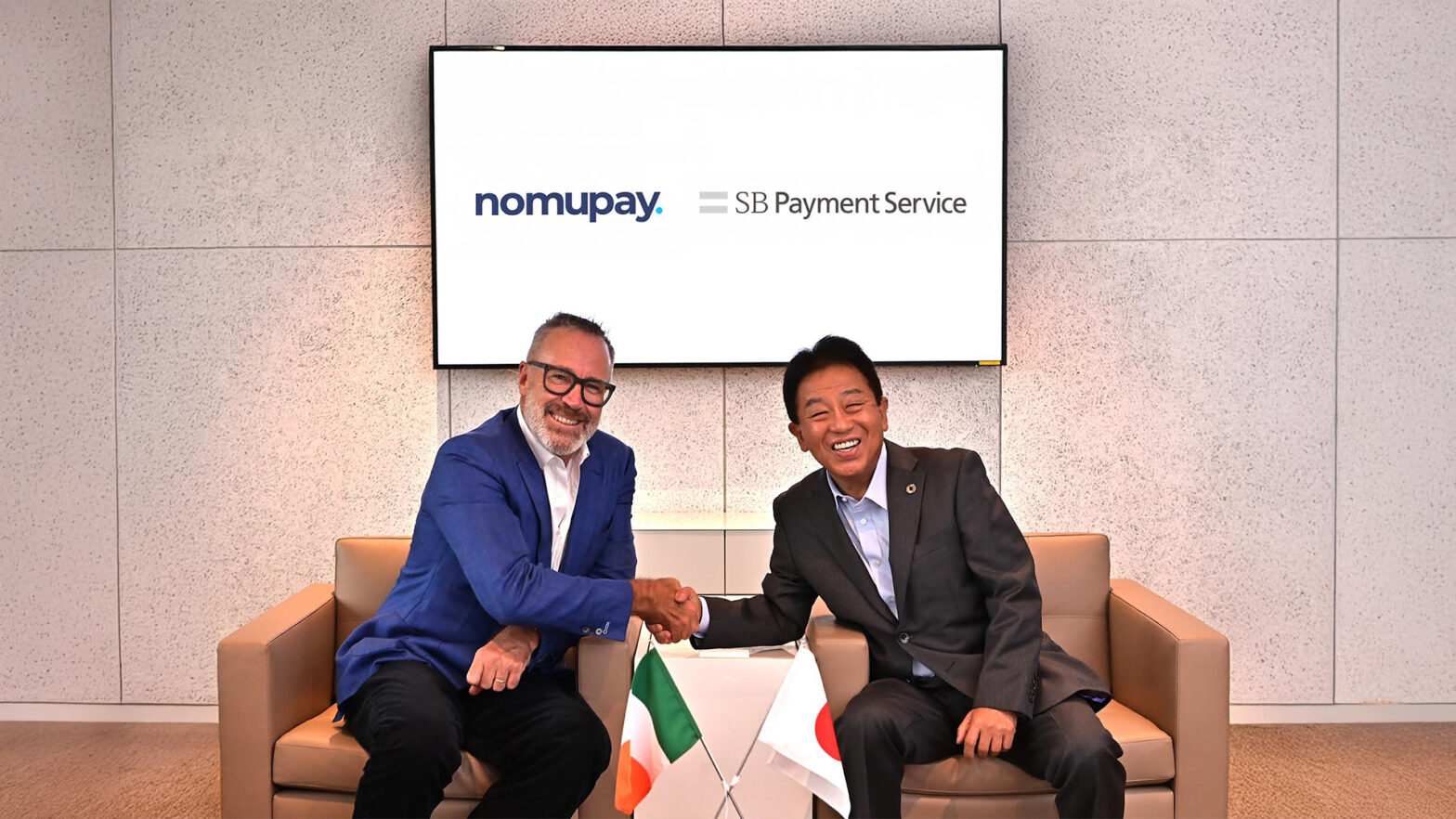The term has become a financial buzzword in the last couple of years, but just what is microfinance? Well, it’s a new model of ethical investment, with investors loaning small amounts to individuals or start-ups, most often through a registered company or NGO, to those living in poverty or who do not have access to traditional financial institutions like banks. Microfinancing services aim to empower those looking to build up their own business, or get the resources they need to develop a trade and earn a better wage. Once the business is up and running, your loan is returned.
If you’re thinking about investing your money but want to explore ethical avenues for doing so, microfinancing is a revolutionary way to help people around the world, from Vietnam to the Philippines – where bad loans ratios recorded by banks are at their highest in 8 months.
In this article, we’ll explore some of the benefits of microfinancing, so you can learn more about the process and why it’s a valuable form of investment from both a financial and moral perspective. Read on as we discover how your investment will make a difference.
Financial Inclusion Of Marginalised Groups
The primary aim of microfinancing is to provide loans and help finance emerging businesses to communities around the world who may otherwise struggle to receive this necessary help.
Microfinancing is not charity and works the same in principle as ordinary loans. The difference lies in the fact that the amount is typically smaller than you’d expect for standard business loans, and the funds are provided to people you may not have a direct interaction with, or who are living in a totally different part of the world.
Conflict, corruption, isolation, and government restrictions such as rules on who is allowed to open a bank account in a certain country, or the limited rights of refugees and asylum seekers, are all factors that can affect an individual’s access to financial aid or independence. Without secure funding, it’s difficult for any business to build a secure foundation, so microfinancing steps in to provide this assistance in places where it may be more difficult to reach.
Steps Towards Gender Equality
Typically, it is women who make up a large proportion of groups affected by financial limitations when it comes to starting or succeeding in their business, with women representing 55% of the ‘unbanked population’. This may be due to barriers to opening a bank account, limited educational resources, receiving less financial and peer support, or a reduced income due to restrictive laws or childcare responsibilities. Microfinancing often targets female entrepreneurs specifically, leading to positive steps towards gender equality on a global scale.
Contribution To Community Development
A flourishing local business doesn’t just help the business, it supports the whole community. When there is more money being invested into a local area, it attracts more spending customers and has a ripple effect that can create jobs in operations, marketing and customer service.
At the grass-roots level, providing local communities with more products and services through the development of local businesses improves the standard of living as well as bolsters social cohesion. It is a simple way to enhance economic growth and tackle poverty, as well as inspiring others to start their own entrepreneurial ventures in witnessing the success of their peers.
Economic Resilience Building
Less economically developed countries tend to be more prone to suffering from economic and natural disasters. Whether it’s a global recession, a devastating earthquake, or a wipe-out monsoon, countries with less resources are often those who take the longest to recover and can end up becoming reliant on international aid. Creating economic structures which are independent of charity empowers individuals. They can start earning enough to save and have a means for which to recover from economic setbacks more effectively.
Promoting Global Entrepreneurship
For most of us, starting a business is as simple as going to the bank, asking for a loan, and getting started. Microfinancing offers individuals in remote or economically challenged communities this often taken-for-granted opportunity – so one benefit is as simple as making it easier to access. This serves to enhance global trade, rather than restrict emerging businesses to come only from countries with strong or rapidly growing GDPs.
Aside from this, see microfinancing as an opportunity to enhance your own international connections. As an investor or fellow business owner, the individual or company you choose to help during its initial set-up stages may end up growing to become a valuable collaborator from which you can both benefit by sharing customers and resources. For example, giving a microloan to a tailoring business in Vietnam may enable you to secure discounts on tailored suits further down the line, in exchange for something of value to their company.
Assisting In Poverty Alleviation
Ultimately, the goal of any loan is to generate more money. Whilst entrepreneurship should be celebrated worldwide, allocating your funds to places and people who will see a drastic benefit in its results makes it easy to feel reassured that your investment is a worthy decision.
Knowing that your loan is contributing to the ability of like-minded business people in less fortunate circumstances, allowing them to build up their enterprises and play a small part in moving themselves and their communities away from poverty is a financially worthy investment, as well as an easily-justifiable ethical decision.
As you can see, the benefits of microfinancing span a wide variety of positive social changes that can help you sleep soundly at night, knowing you’ve put your money alongside your morals.
From assisting in poverty alleviation to helping tackle global gender inequalities, a small loan can make a big difference. So if you’re considering how to invest your hard-earned money, consider putting it somewhere you know it will be treated with care and gratitude. You don’t need much to make a difference, but the change it sparks can be huge.




























